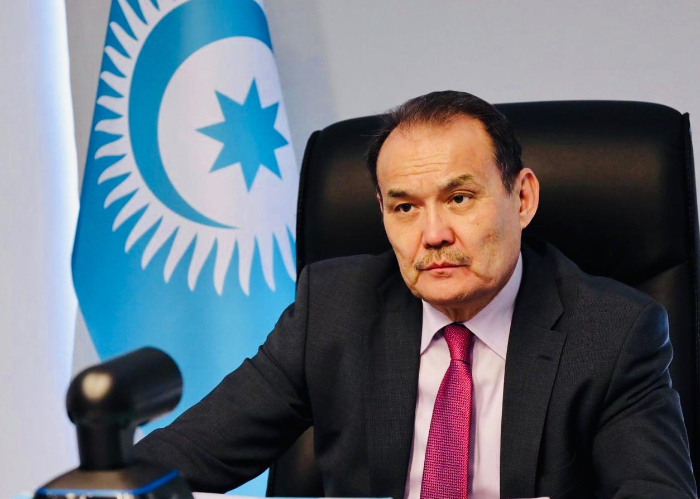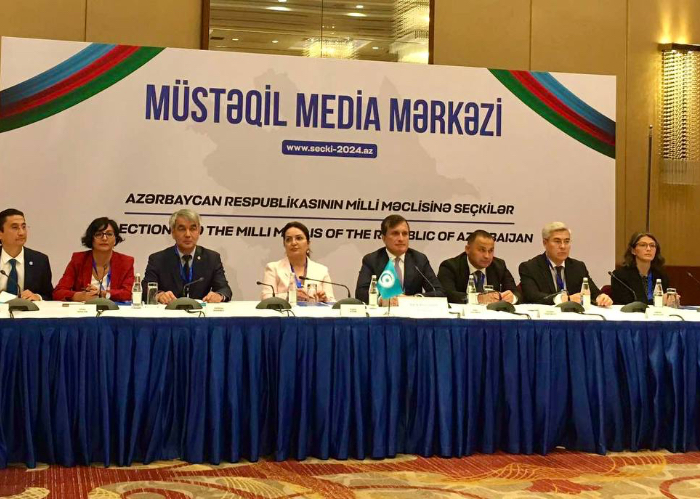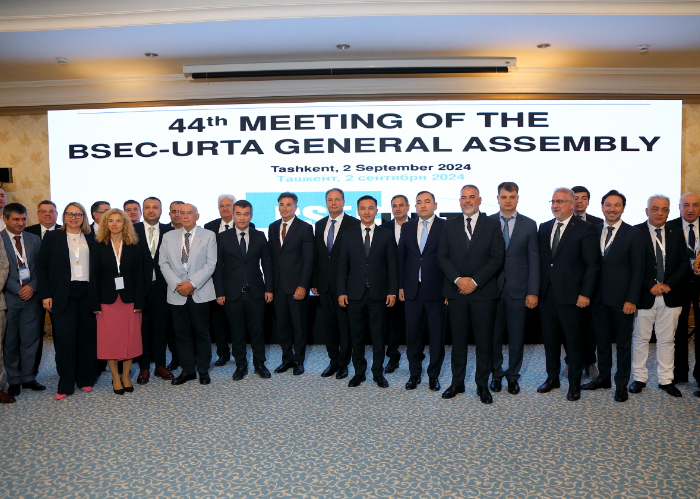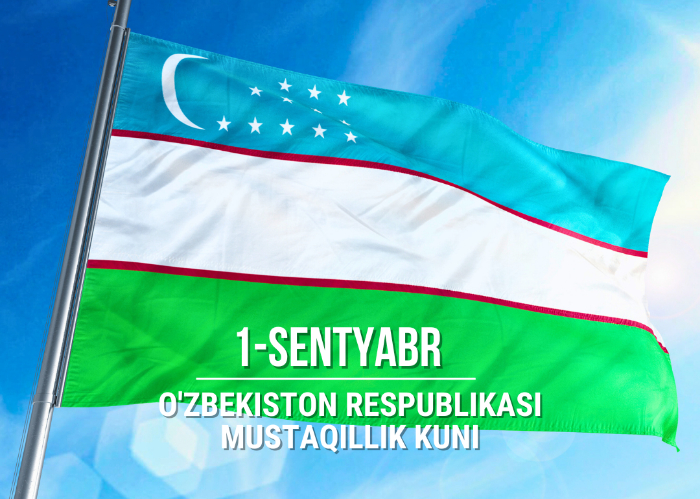The Ministers of Economy and the Heads of Customs Administrations of the Turkic Council Member and Observer States held a video-conference meeting to discuss measures to maintain the current level of economic and trade relations, to mitigate the negative effects of the coronavirus on the economies of member countries, and to strengthen trade relations during and after the pandemic.
Moderated by the Minister of Economy of the Republic of Azerbaijan, H.E. Mikayil Jabbarov, the meeting was held with the participation of the Secretary General of the Turkic Council H.E. Baghdad Amreyev, the Deputy Prime Minister and the Minister of Investments and Foreign Trade of the Republic of Uzbekistan H.E Sardor Umurzakov, the Minister of National Economy of the Republic of Kazakhstan, H.E. Ruslan Dalenov, the Vice-Minister of Trade and Integration of the Republic of Kazakhstan H.E. Kairat Torebayev, the Minister of Economy of the Kyrgyz Republic H.E.Sanzhar Mukanbetov, the Minister of Trade of the Republic of Turkey H.E. Ruhsar Pekcan and the Minister of Foreign Affairs and Trade of Hungary H.E. Peter Szijjarto, as well as the Heads of Customs Administrations of the Members States.
The Ministers shared detailed information regarding the economic challenges caused by the coronavirus pandemic and the measures taken at national level to overcome the difficulties in domestic and foreign trade. As for multilateral efforts, the Ministers agreed to establish a joint Action Plan under the coordination of the Turkic Council Secretariat with the relevant authorities of the Member and Observer States responsible for economy, trade and customs issues.
Developing measures to ensure food security, finalizing a common list of essential goods among the Turkic Council countries, accelerating customs clearance procedures of these essential goods, including pharmaceutical and medical supplies, and humanitarian aid by setting an electronic pre-notification system, and developing mechanisms to reduce import taxes were among the issues discussed at the meeting. Within this framework, parties exchanged views on the establishment of a “green corridor” and launch of “green lane” system at border crossing points to facilitate the delivery of essential products.
The Ministers supported the decisions taken at the meeting of Ministers of Health of the Turkic Council held on April 28, 2020, regarding the establishment of a “Supply Chain Group” and stressed that this initiative would support joint production of medicines, medical equipments, etc. that the Member States are in need.
During the meeting, food security was one of the important agenda items and the parties decided to establish multilateral cooperation mechanisms that will contribute to food security under the umbrella of the Turkic Council.
Parties also fully supported new cooperation projects, such as the establishment of industrial zones, technoparks and trade houses proposed by the Secretariat.
The Ministers decided to accelerate the ongoing establishment process of the Turkic Investment Fund, as well as to launch a coordination committee at the level of the Deputy Ministers for this purpose.
At the meeting, promoting the use of national currencies in trade between member states and determining a common strategy to facilitate trade that would simplify customs procedures, encourage multimodal transport in the Middle Corridor and ensure the effective use of the Baku-Tbilisi-Kars railway were given a particular emphasis.
Furthermore, the Ministers discussed the opportunities to further facilitate the cooperation among the member and observer states particularly on digital economy and e-commerce in the post pandemic period and agreed to develop common programs in this regard.
The Ministers agreed on the proposal of Hungary to establish a joint action plan to evaluate investment opportunities in Europe through establishing partnerships among companies of the Turkic Council Member States.
It was underlined by the Ministers that in the framework of the programs and projects to be implemented upon the decisions taken at the meeting, the capacity and experience of the Turkic Chamber of Commerce and Industry (TCCI) should be utilized.
The Ministers emphasized that the decisions of the meeting with a view to maintain and further increase current level of economic and trade relations and to alleviate the socio-economic impact of the pandemic in the Turkic Council countries should be reflected in the “Turkic Vision 2025” that is currently being prepared by the Secretariat.















